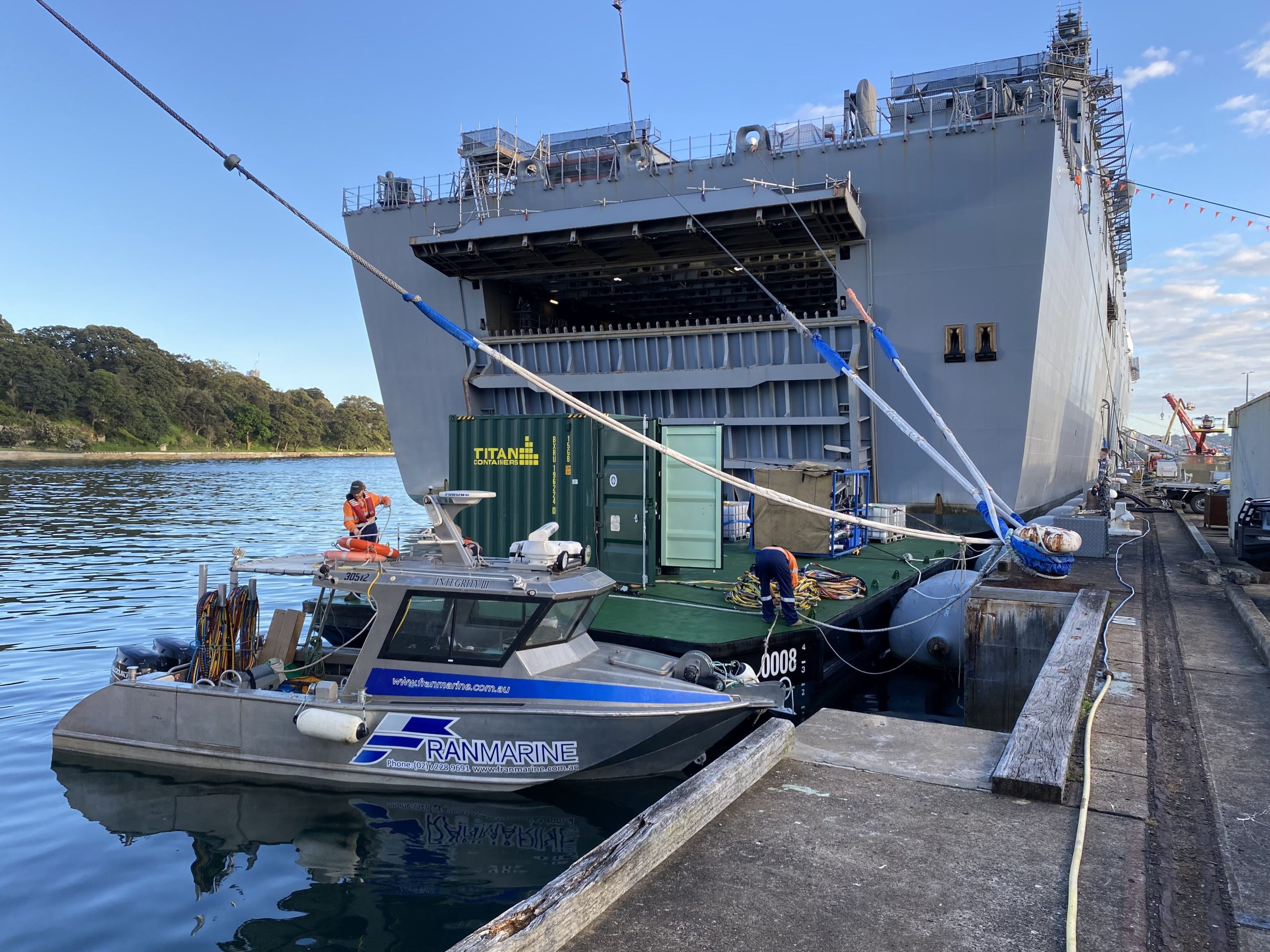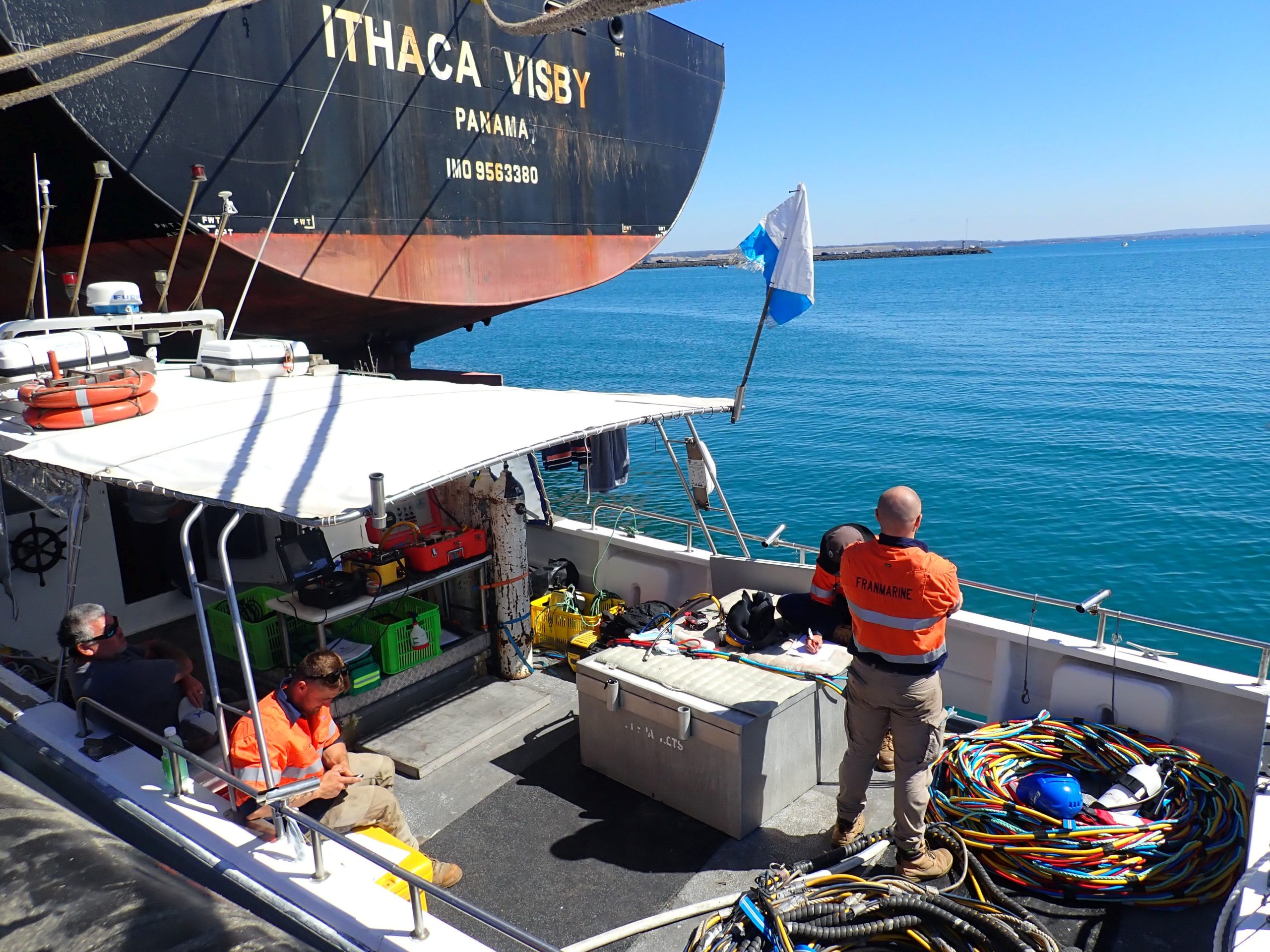The Role of Underwater Divers in Maritime Salvage Operations
Underwater divers play a pivotal role in maritime salvage operations, providing essential services that contribute significantly to the recovery and protection of marine environments and assets. Their skills and expertise are crucial in navigating the complex and often hazardous conditions under the sea, making them indispensable in the effort to salvage sunken or stranded vessels. This article explores the multifaceted contributions of divers in this specialised field.
Maritime salvage operations involve the retrieval of ships and their cargoes from the ocean's depths after incidents such as collisions, sinkings, or groundings. This field is highly specialised, merging elements of engineering, environmental science, and nautical expertise. Within this challenging and risky enterprise, underwater divers are at the forefront, utilising their unique skills to ensure the safe and efficient recovery of assets while minimising environmental disruption.
The expertise of these divers is utilised not only in direct recovery efforts but also in the prevention of further damage to the marine environment and the sunken assets. Their work requires a combination of physical prowess, technical knowledge, and a deep understanding of marine ecology, often making the difference between a successful salvage and a disastrous one.

Understanding Maritime Salvage
Maritime salvage is a critical sector within marine operations, focusing on the rescue of ships and their cargoes to prevent further damage to the marine environment. The legal and operational framework of salvage is guided by international conventions, chiefly the International Convention on Salvage, 1989, which emphasises the importance of preventing environmental damage during salvage operations.
Salvage operations can be categorised into two primary types: off-shore and near-shore. Off-shore salvage typically involves larger and more complex vessels in deeper waters, whereas near-shore salvage operations deal with smaller vessels or those stranded close to the coast. Both scenarios require a diverse range of skills from the diving teams, who must adapt their strategies according to the specific demands of each project.
Roles and Responsibilities of Divers
Underwater divers in salvage operations are tasked with a myriad of critical duties. They conduct preliminary surveys of the site to assess the condition of the vessel and the surrounding environment, identify potential hazards, and determine the most effective recovery methods. Post-assessment, divers often work closely with other marine professionals to devise a plan that maximises the chances of a successful salvage while ensuring the safety of the team and the environment.
Divers are also involved in the actual recovery operations, which may include rigging lifting gear, patching or sealing breaches in the ship's hull, and sometimes even entering the vessel to recover valuable cargo or sensitive materials. The precision and care required in these operations highlight the extensive training and expertise needed in this profession. To learn more about professional diving services in maritime operations, visit Franmarine Underwater Services.
Challenges Faced in Salvage Operations
Despite the sophisticated equipment and skilled divers, salvage operations are fraught with challenges. The unpredictable nature of the sea, adverse weather conditions, and the potential instability of damaged vessels make every operation a potentially hazardous endeavour. Divers must also deal with the psychological stresses of working in confined and often claustrophobic environments under intense pressure.
Environmental challenges also play a significant role, as divers must often work in sensitive or protected marine areas where any disturbance can have significant ecological impacts. The presence of hazardous materials or fuel spills complicates operations further, requiring divers to have specialised training in hazardous material handling and containment.

Training and Certification
Becoming a professional diver in the field of maritime salvage requires rigorous training and certification. Divers must undergo basic training in scuba and commercial diving, followed by specialised courses in underwater welding, cutting techniques, and heavy equipment handling. Certifications from recognised diving authorities and continuous on-the-job training are essential to prepare divers for the complexities of salvage operations.
In addition to technical training, emphasis is also placed on safety procedures, emergency response, and environmental conservation practices to ensure that all salvage operations are conducted responsibly and sustainably.
Environmental Impact and Considerations
The ecological implications of maritime salvage are significant and require careful consideration. Salvage operations, by their nature, involve interaction with marine ecosystems, often in a disruptive manner. Divers play a critical role in mitigating this impact through precise and conscious actions designed to limit environmental damage and promote recovery.
This includes measures such as controlling pollutant dispersal, using non-destructive salvage techniques, and collaborating with environmental scientists to monitor and manage the impact on marine life and habitats. The goal is to balance the needs of salvage with the imperative of environmental stewardship, ensuring that marine ecosystems remain vibrant and healthy for future generations.
Conclusion
Underwater divers are central figures in the complex and demanding world of maritime salvage. Their role goes beyond the physical recovery of sunken assets; they are also guardians of the marine environment, skilled technicians, and crucial participants in maritime safety and recovery operations. The challenges they face are significant, matched only by their dedication and the sophisticated array of tools at their disposal. As technology advances and the demands of global shipping increase, the skills and bravery of these divers will remain invaluable.
